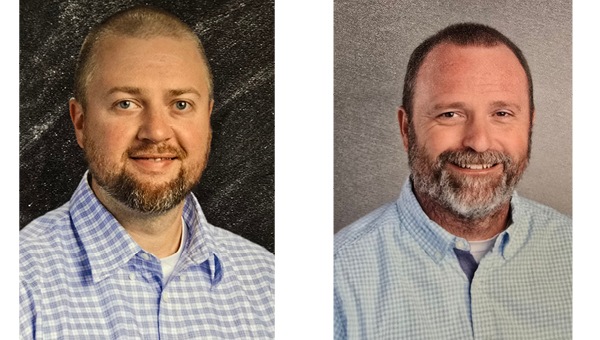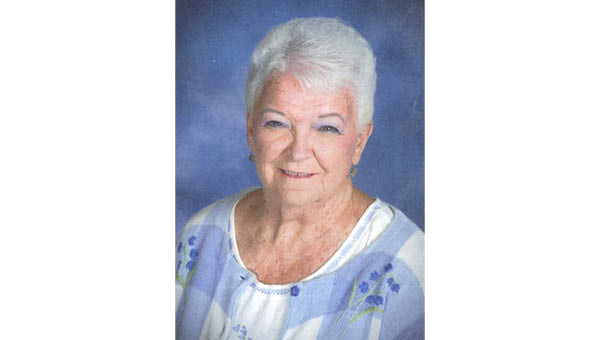We must remember and learn from Pearl Harbor
Published 3:17 pm Friday, December 3, 2021
|
Getting your Trinity Audio player ready...
|
December 7, 1941. The day that will live in infamy, as President Franklin Delano Roosevelt described it in one of his most famous speeches. It is the day that the Japanese attacked Pearl Harbor.
Yet, it is a day that fewer and fewer Americans remember as very few of that generation are still living. However, it is a day in history that we must remember. Our freedom was threatened big time, and it was a call to action. It is estimated that one out of every seven Carter Countians answered the call to serve their country during WWII.
This year, the 80th anniversary of the surprise assault that shocked the world, will be remembered as the year of the coronavirus as was last year. Last year there were only a few groups of students packing classrooms or gym assemblies to talk to veterans or hear stories about the tragedy. But, this year on Veterans Day, there was a return to almost normalcy as Veterans Day ceremonies were once again held at memorials and in schools.
With this in mind, a few words about the attack are necessary.
Pearl Harbor changed the world as Americans knew it. The United States had no choice but to go to war and test our mettle against the Axis powers of Germany and Japan. Once in, there was no turning back.
The Japanese sneak attack against U.S. forces in Hawaii did not only drag us into a two-front war. It decimated our Navy, sending battleships to the bottom of the harbor and entombing thousands of sailors and civilians beneath the waves.
Eighty years ago Tuesday, the south side of the island of Oahu, a vast paradise of sunshine and beaches, a friendly host to a U.S. naval base, was transformed into a nightmare of death and destruction.
The Japanese air siege came in two waves and lasted for almost two hours, killing 2,335 servicemen and wounding 1,143. Also killed were 68 civilians, many of them nurses and hospital workers caught in the firestorm, while 25 were wounded, according to information from the National WWII Museum.
The USS Arizona, a mighty battleship, the pride of the fleet, is a symbol of war’s cruelty. Among those on board were 37 sets of brothers. Of those, 23 sets of brothers died in the attack.
Killed, too, were all 21 members of the Arizona’s band, known as the U.S. Navy Band Unit 22. Most of its members were on the Arizona’s deck preparing to play for the daily flag-raising ceremony when the attack began.
It was a Sunday morning like none other. At home, almost everyone living that day never forgot Sunday morning, Dec. 7, 1941, where they were and what they were doing at the time. For days, families were glued to their radios as they awaited word on what next, and in many instances were anxious for a loved one stationed at Pearl Harbor.
Today, the harbor in Hawaii is calm and beautiful, decades removed from the silence of death which followed the attack and the intense flames and acrid black smoke that became the epitaph for eight battleships and scores of aircraft at Wickham Field, Wheeler Field, Bellows Field, Eva Field, Schoefield Barracks, and Kaneohe Naval Air Station.
For most of us, Dec. 7, 1941, is a piece of history we never experienced. We only read about it in history books or heard about it from our parents and grandparents. But, too well, they remembered. And, while the war is over and done…other wars have followed: Korea, Vietnam, Iraq, and Afghanistan. The security and peace we lost on Dec. 7, 1941, are a lasting reminder of the men and women who made the ultimate sacrifice to keep our freedom and to win back the peace and security lost that fateful Sunday morning 80 years ago.





